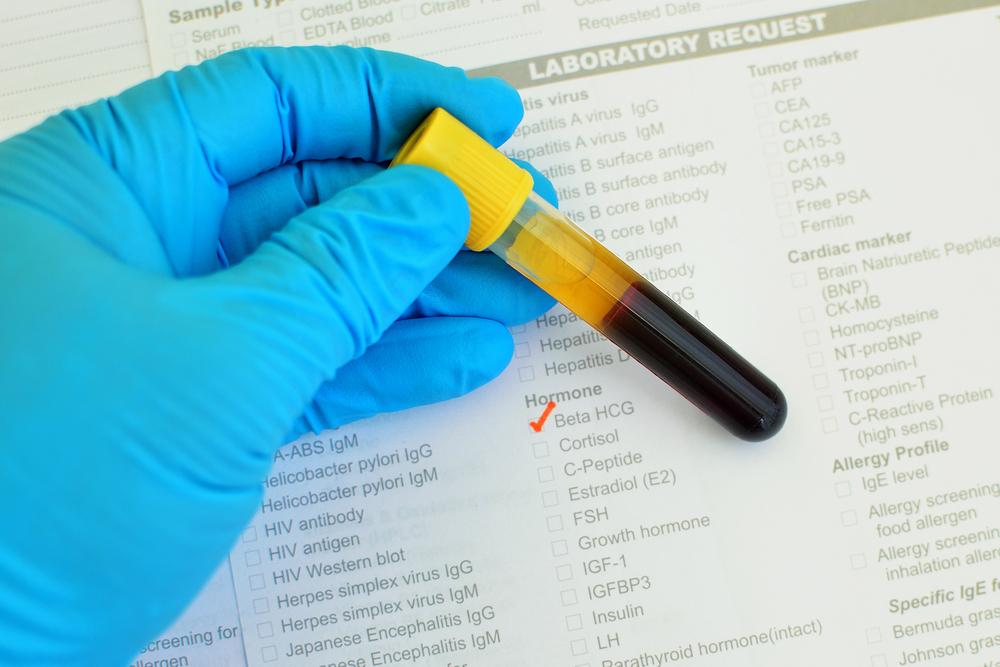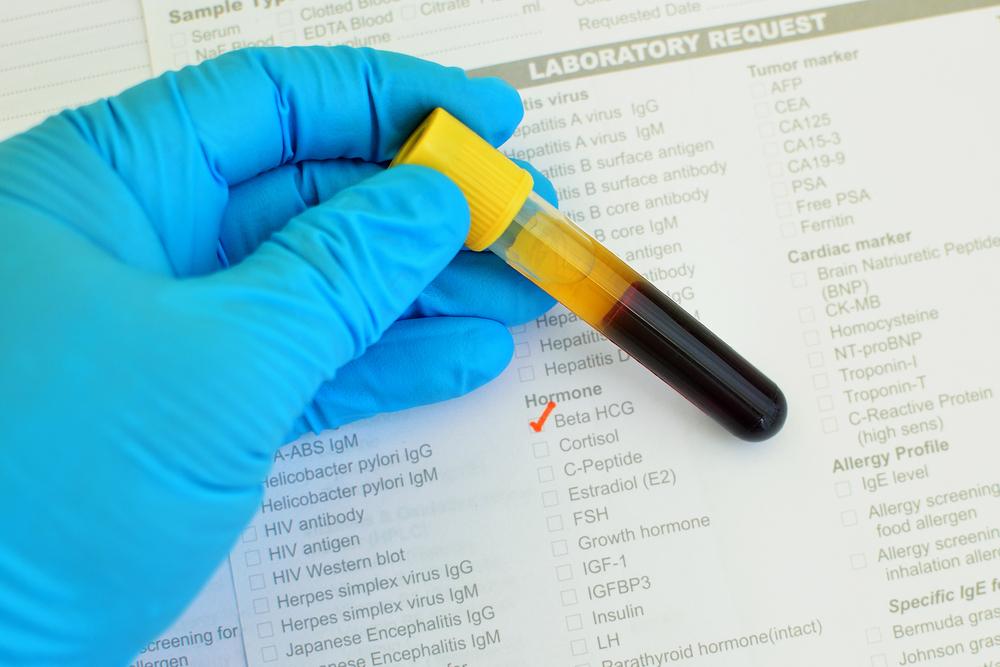Key Types of Immunotherapy in Cancer Treatment
This article explores essential immunotherapy techniques used in cancer treatment, including oncolytic virus therapy, monoclonal antibodies, cancer vaccines, and T-cell therapy. It emphasizes how these innovative approaches harness the immune system to combat cancer effectively, often in combination with other therapies. Understanding these treatment options helps patients and caregivers make informed decisions about cancer care.

Key Types of Immunotherapy in Cancer Treatment
Immunotherapy, also known as biological therapy, leverages lab-engineered or naturally occurring substances in the body to strengthen the immune response against cancer. Its main goals are to enhance immune defense, prevent metastasis, and inhibit tumor growth. Different types of immunotherapy target these objectives through various mechanisms.
Oncolytic Virus Therapy
This approach involves injecting genetically modified viruses directly into tumors. These viruses selectively infect and destroy cancer cells while stimulating the immune system to attack the tumor without harming healthy tissue.
Monoclonal Antibodies
Manufactured in laboratories, monoclonal antibodies are designed to target specific cancer-related proteins. They assist the immune system in identifying and destroying cancer cells and can also inhibit tumor progression.
Cancer Vaccines
Vaccines can be administered to trigger the immune system by introducing antigens, which provoke an immune response to fight existing cancers or help prevent future development. These include both therapeutic and preventative vaccines.
Non-specific Immunotherapies
This category includes interferons and interleukins. Interferons are used broadly for various cancers, while interleukins mainly target kidney cancers and melanoma. Often, these therapies are combined with chemotherapy or radiotherapy for enhanced effectiveness.
T-cell Therapy
T-cell therapy, such as CAR T-cell treatment, involves modifying a patient’s own immune cells. Healthy T-cells are extracted, engineered with specific receptors to target cancer, and reinfused to seek and destroy tumor cells effectively.
Important Notice:
This article provides general information on cancer symptoms, treatments, and side effects. It is not intended as medical advice. Always consult licensed healthcare professionals for diagnosis and treatment options rather than relying solely on online information.










